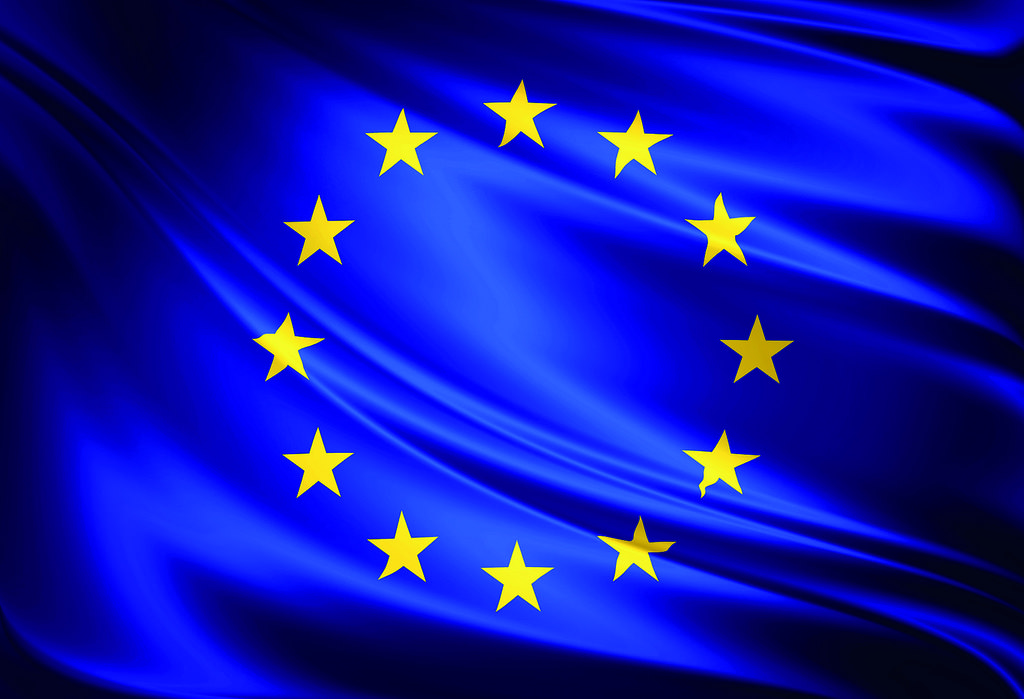
Measuring European identity: what does “feeling Europeans” actually mean?
The emergence of a European civic mass identity
Adopting the bottom up approach, in a methodological individualism to reflect upon identity as an identification and subjective process. I aim to explore the main empirical research contributions to this intellectual debate. In so doing I wish to stress the importance of the extremely challenging measurement of the prevalent subjective dispositions in Europeans’ mental universe. In Bruter’s words “how do European citizens perceive themselves politically in a context where institutions and the elites have clearly tried for the past few decades to tell them how they should perceive themselves” (2005). Bruter’s relevant sociological survey covers a vast range of research questions: if a European mass identity has emerged in the temporal range going from the 1970’ to 2000, what part have European institutions played in the emergence of the latter and thus the influence of symbols and media coverage, but above all, and this being the main object of our concern, what do citizens actually mean when saying that they ‘feel -or do not feel- Europeans’, whether they hold a more civic or cultural conception of their Europeanness. The author is not the only one assuming a highly critical position toward the quantitative and qualitative instruments of European identity’s measure coming from the semi-annual Eurobarometer’s survey. Indeed, Bruter claims the inadequacy of Eurobarometer’s survey questions, changing over time and ignoring “the fact, now well established in the literature, that European and national identities tend to be positively correlated rather then opposed” (2003). In a model of European and sub-European –local, regional, national– identity’s complementarity, the author has measured, by means of 12 variables on a sample of 212 respondents, the relevance of civic and cultural components in European political identity. The results of the survey attest the predominance of a civic meaning and perception of citizens’ European identity. Thereafter then on the attachment to a cultural idea of Europe prevails “a civic conception of Europeanness, based on the relevance of the European Union as a relevant political system that generates some of their rights, duties and symbolic civic attributes” (Bruter, 2005). However, faithfully to its conceptual assumption of the distinctiveness but complementarity of the two civic and cultural components, Bruter assert that to a lesser extent “citizens also hold a cultural conception of their identity”, based on a perceived shared cultural heritage “and therefore [on a] somewhat exclusive civilisation”(2005). In this sense, citizens are likely “to oppose a consistent European, Judeo-Christian Western civilisation to the rest of the word” (Bruter, 2005).
The reverse side of a “civic” Europe: an ethno-European identity
If identity is as Bruter (2003) puts it “a prisoner of language”, the questions asked in the Eurobarometer’s survey seem to embed an identity’s narrative belonging to the conceptual categories of national identity building. In this sense, it is argued that the Eurobarometer contributes to inform a conceptual perception of European identity on the wake of the old symbols and narratives belonging to the national social space. The latters, according to Eder “do not coincide with the reality mediating the social relations of the Europeans” (2011). Then starting from Eder’s criticism of the Eurobarometer’s methodological nationalism, we will evaluate the extent to which a European top-down discourse, dominant as Schmidt (2011) recalls until the 1990’s, has contributed to the manufacturing of a European national identity faithful in a way to Haas‘s “new nationalism”(1997). As Fligstein puts it “ the main empirical problem with this model- a European national identity- is that neither a European identity nor a groundswell of political support for an expansion of the EU has come into existence” (2012). Therefore, it is my intent to evaluate the extent to which, the fostering of a ‘thick’ European collective identity’s narrative, i.e. the feeling of belonging to a culturally meaningful human community such as the Nation, having one of its main referents in the cultural idea of Europe, has fail to develop a growth in support for European integration, a solid ground for EU’s legitimacy, rather resulting in the increasing affiliation with the “flip side of the civic European identity [..] the ethno-nationalist side of Europe” (2012). The contribution of Neil Fligstein (2012), based on a comparative analysis of 2004 and 2010’s Eurobarometer data, will thus be of particular interest for us. Following a bottom- up approach, the author bases his conceptualization of a “European national identity” (Fligstein,2012), on the distinction between a civic and ethnic nationalism, in line with Bruter’s civic and cultural components of the identification’s process. While “civic forms of national identity tend to focus on citizenship as a legal status obtainable by anyone willing to accept a particular legal, political and social system” (Fligstein, 2012) an ethnic form of nationalism “requires that people adhere to national culture by virtue of having born into it” (Fligstein, 2012). Thus an ethnic based conception of European identity defines who belong in the imaged European community by an ‘othering’ process, labelling immigrants from outside Europe as well as indigenous minorities as non- Europeans. Comparing Eurobarometer’s data from 2004 and 2010 Fligstein (2012) operationalizes socio-economic variables (occupation, education, income) and demographic ones (age, gender) with interaction patterns of people across Europe, what Bruter’s called “European experience”(2005). Fligstein (2012) shows that the socioeconomic and demographic variables predict interaction patterns causing Europeans from the highest socio-economic groups as well as young people, the winners of the globalisation process, to be more likely to going migrant crisis have had on European integration, Fligstein (2012) affirms the heightened role of a strong ethnic, culturalist and exclusivist perception of European identity. Indeed, despite the fact that survey’s data shown the prevalence of a civic meaning of Europeanness, this civic pattern is confined to those identifiers perceiving their political identity as “European only”, in favour of peace, tolerance and cultural diversity. As a matter of fact the latters are only 3% of European citizens while 46% of them remain webbed to strictly national identity. In this respect, as Fligstein puts it “there is evidence that a more ethnic sense of what it means to be European exist as well” (Fligstein, 2012). Indeed, if the emergence of far right wing parties has been one of the most striking political trend in Europe during the last 20 years, those who orient their identities and their preferences toward the national level have found a home for their rhetoric, celebrating “national ethnic uniqueness and invok[ing] the Christian and historical heritage of European citizens as a way to justify the exclusion of outsiders groups” (Fligstein, 2012). As a matter of fact, according to the Eurobarometer data, since 2004 public concern with immigration is rising with 60 per cent of European citizens ranking immigration problems higher then terrorism, pensions, taxation, education , environmental issues.
Elena Maggi
Ayant obtenu un Bac L/S auprès du Lycée Classique Michelangiolo de Florence, elle a poursuivi son parcours académique à l’Université Paris1-Pantheon Sorbonne en obtenant une double licence en Philosophie et Science Politique. A présent étudiante en MSc d’Etudes Européens (idées, idéologies et identités auprès de l’Université londonienne London School of Economics), Elena Maggi envisage de poursuivre son iter dans le milieu académique et de la recherche. En particulier elle s’oriente vers des problématiques liées aux nationalismes, aux identités et à la citoyenneté européens.
Sources
Bruter, M. (2003). Winning Hearts and Minds for Europe: The Impact of News and Symbols on Civic and Cultural European Identity. Comparative Political Studies, 36(10), pp.1148-1179.
Schmidt, V. ( 2011). The problems of identity and the legitimacy in the European Union: is more politics the answer? In Lucarelli, S., Cerutti, F. and Schmidt, V. (2011). Debating political identity and legitimacy in the European Union. 1st ed. London: Routledge.
Hoffmann, S. and Haas, E. (1997). The Uniting of Europe: Political, Social, and Economic Forces, 1950-1957. Foreign Affairs, 76(5), p.226.
Bruter, M. (2005). Citizens of Europe?. 1st ed. Houndmills, Basingstoke, Hampshire: Palgrave Macmillan.
FLIGSTEIN, N., POLYAKOVA, A. and SANDHOLTZ, W. (2012). European Integration,
Nationalism and European Identity. JCMS: Journal of Common Market Studies, 50, pp.106- 122.





No Comment